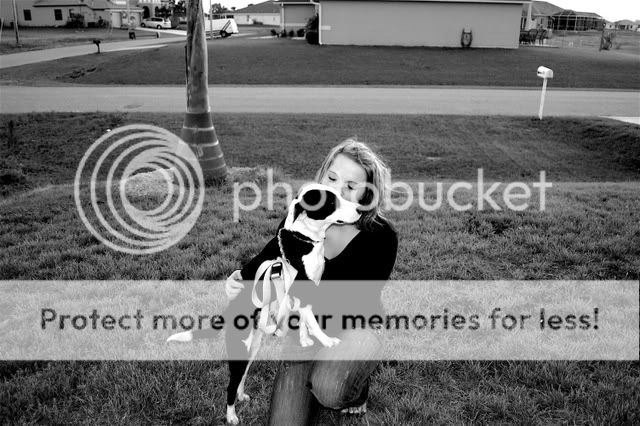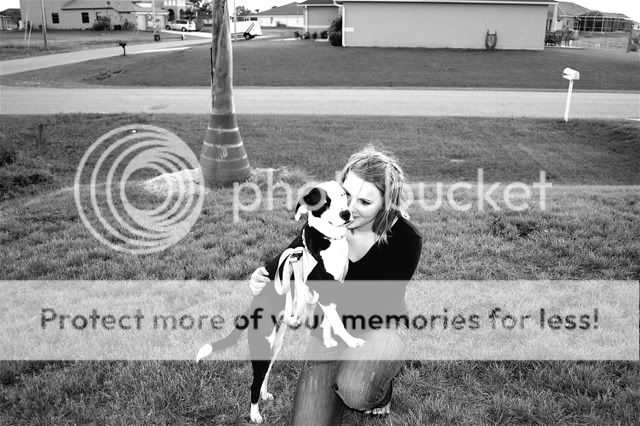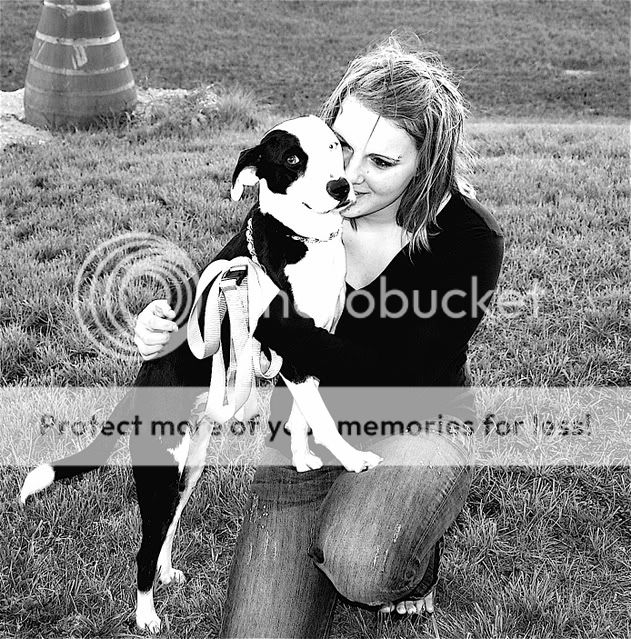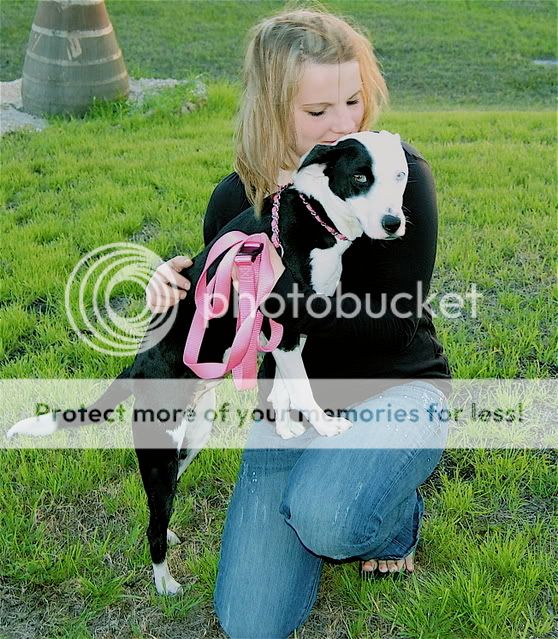AnotherNewGuy
TPF Noob!
- Joined
- Jun 3, 2008
- Messages
- 254
- Reaction score
- 0
- Location
- SW FL
- Can others edit my Photos
- Photos OK to edit
Okay, so I finally got my D40. Well I wanted a D60, but Circuit City is going out of business and the D40 was on sale for 350$ so I compromised. I heard it's the best SLR for beginners anyhow. Of course I have been snapping away, and editing a little bit with iPhoto. I've read the manual, and some of these forum posts. I find myself still asking questions, so I am going to post them and hope for some easy answers.
1. I'm thinking of getting editing software, what do I get? Is Aperture by Apple good?
2. How will different filters benefit me and in which situations?
3. What else do I need? I am going to get a 55-200mm lens. What brand(s) should I stay away from, and what's good?
4. Is the speedlight flash by Nikon suitable?
5. What are some simple tips you would give a beginner to take the best pictures possible?
I'm going to attempt to attach some pictures I have taken, and hopefully get some constructive criticism.
1.

2.

3.

1. I'm thinking of getting editing software, what do I get? Is Aperture by Apple good?
2. How will different filters benefit me and in which situations?
3. What else do I need? I am going to get a 55-200mm lens. What brand(s) should I stay away from, and what's good?
4. Is the speedlight flash by Nikon suitable?
5. What are some simple tips you would give a beginner to take the best pictures possible?
I'm going to attempt to attach some pictures I have taken, and hopefully get some constructive criticism.
1.

2.

3.

Last edited:




![[No title]](/data/xfmg/thumbnail/37/37606-3c9ffb5906173fa2aa489341967e1468.jpg?1734170733)
![[No title]](/data/xfmg/thumbnail/36/36303-10b1a386a9a00cf90fb7605d2d2c48c1.jpg?1734168634)



![[No title]](/data/xfmg/thumbnail/36/36301-27972c0474532c2ef657014362950733.jpg?1734168626)




![[No title]](/data/xfmg/thumbnail/37/37603-739c5d9b541a083a12f2f30e45ca2b7b.jpg?1734170731)
